20 Ways Parenting Is Different Than It Was 20 Years Ago

Though the universal rules of child-rearing still apply, today’s parents are dealing with an entirely new playing field when it comes to their children. Even compared to just 20 years ago, things like technological advances and increasingly more expensive supplies have made being a mom or dad a very different experience, both for better and for worse. Keep reading to discover some of the ways being a parent in 2019 is way different than it was in 1999.
1
You have 24/7 access to your child’s report card.

Gone are the days of waiting anxiously for a teacher to return an essay or math test. Today’s youth can simply log on to an online portal and check their grades instantly. They don’t even have to wait by the mailbox for a college acceptance letter—they just get an email!
“Prestigious colleges are often delivering mass rejection via electronic form letters to several thousand or tens of thousands of students at once,” explained one journalist for the Washington Post. Jeez—at least the kids of 1999 had a chance to try to hide their report cards and rejection letters from their parents.
2
Your family has a group chat.

Even if you’re still trying to figure out how to use emojis and GIFs, you likely have a group chat going with your family where you talk about what to eat for dinner, discuss what everyone is doing after school, and send funny memes you found on the internet (even if you don’t totally understand them). Group chats are a great way to keep everyone in the loop—and quite frankly, we’re not sure how families stayed in touch before.
3
Cyberbullying is a serious issue.
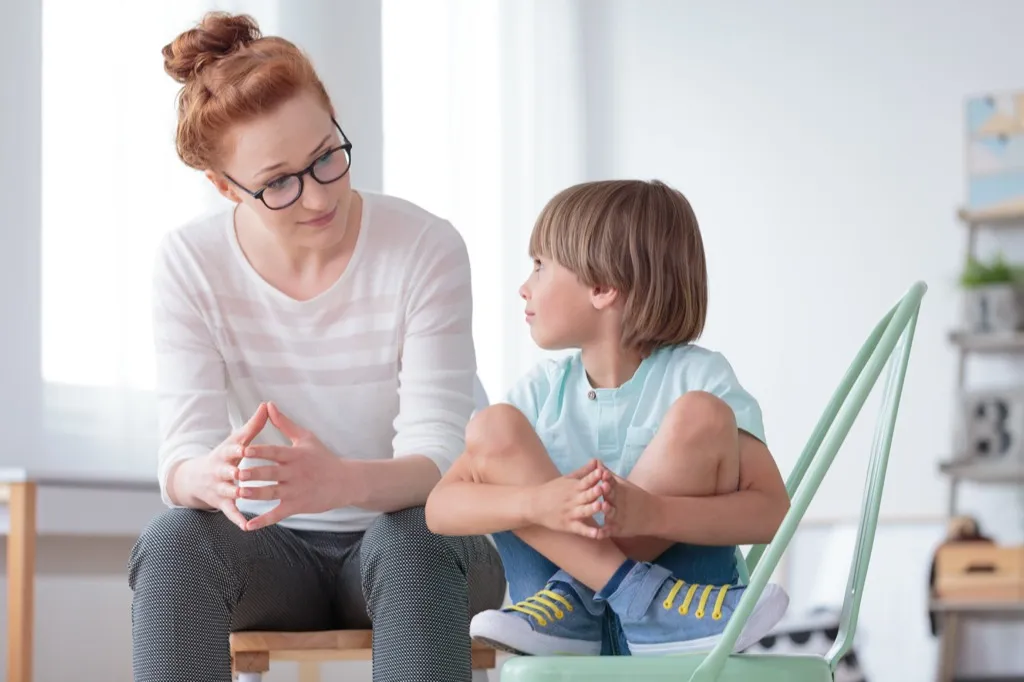
The internet and social media have made cyberbullying a big concern for parents. In fact, in a 2016 study from Florida Atlantic University, 70 percent of students reported having had a rumor spread about them online.
If you think your child is being cyberbullied, you should monitor their online activity and bring the harassment up with school officials. Though being cyberbullied doesn’t cause physical harm, studies have shown that it can do some major damage to a child’s mental health.
4
Your kids don’t spend as much time outside.

Given how many new video game consoles and smartphones there are, it’s not surprising that children spend half as much time playing outside as their parents did, according to a 2018 U.K. study from the National Trust. While today’s parents spent more than eight hours a week in the great outdoors, their children only see about four hours of sunlight a week.
5
Your children seek instant gratification.
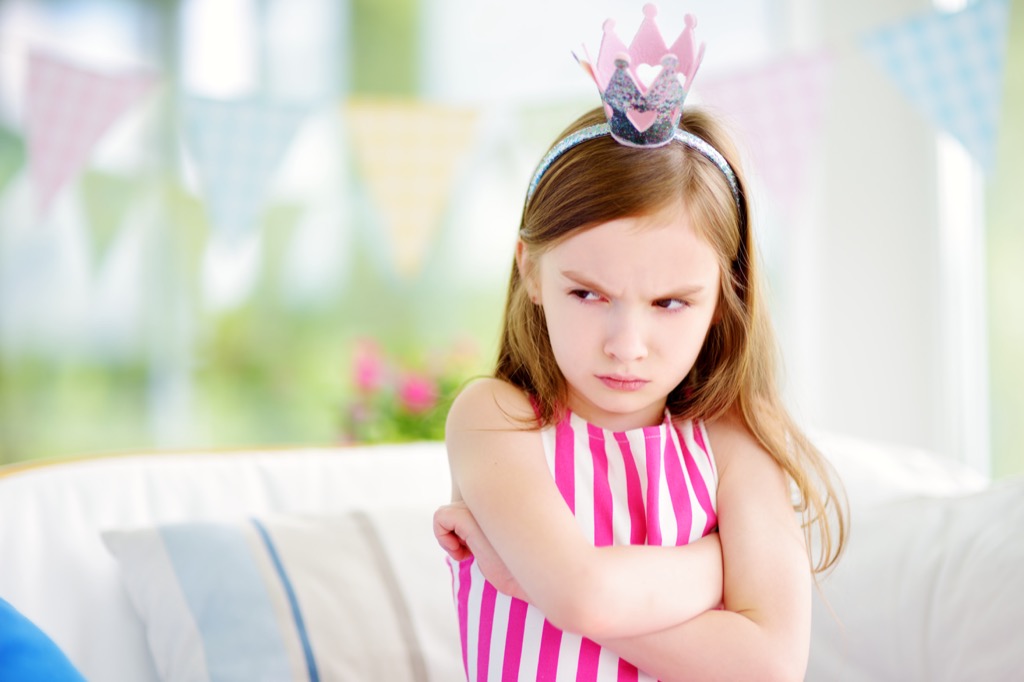
Twenty years ago, watching a movie involved going to Blockbuster and agreeing upon a film for family movie night. Today, everyone can just retreat to their own room and stream something on Netflix. Kids these days are so used to getting what they want when they want it that waiting for something can be a foreign concept to them.
“Families [overly] centered on children create anxious, exhausted parents and demanding, entitled children,” family therapist David Code told The Guardian. “We parents today are too quick to sacrifice our lives and our marriages for our kids. Most of us have created child-centered families, where our children hold priority over our time, energy, and attention.”
6
Your child is more likely to be in therapy.
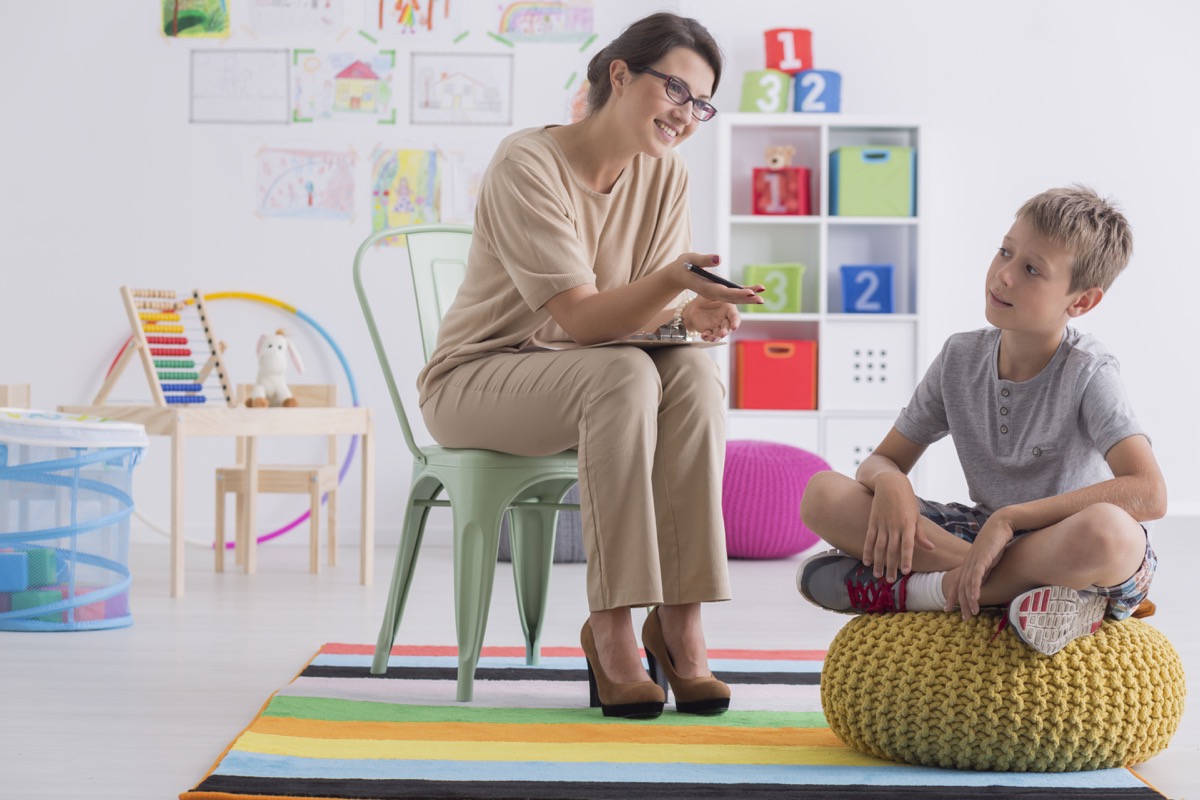
More children are being treated for mental health issues than ever before. From 1996 to 1998, just 9.2 percent of children received outpatient treatment for mental health issues; from 2010 to 2012, that number increased to 13.3 percent, according to a 2-15 study published in the New England Journal of Medicine. The study authors speculate that this rise in treatment has to do with parents seeking help more frequently for issues that parents of the ’90s disregarded.
7
You rely on Google for everything.

Today, all you have to do is peruse any parent’s search history to find all sorts of pressing questions: “Should my baby’s poop be green?” “What is a healthy meal that my kids will actually eat?” “Is my teenager smoking?” In fact, the Pew Research Center found in 2015 that 43 percent of moms and 23 percent of dads turned to parenting websites for advice. Twenty years ago, they just had to figure it out on their own!
8
You’re in tons of Facebook groups.

Back in the ’90s, moms and dads primarily fraternized with old college friends, neighbors, and the occasional new comrade from Mommy & Me class. But today, parenting groups on Facebook and apps like Bumble BFF have significantly opened the friendship pool for parents. These new avenues allow moms and dads to exchange tips, coordinate meet-ups, and just vent about the woes of parenthood together on a variety of platforms.
9
You spend way more money.
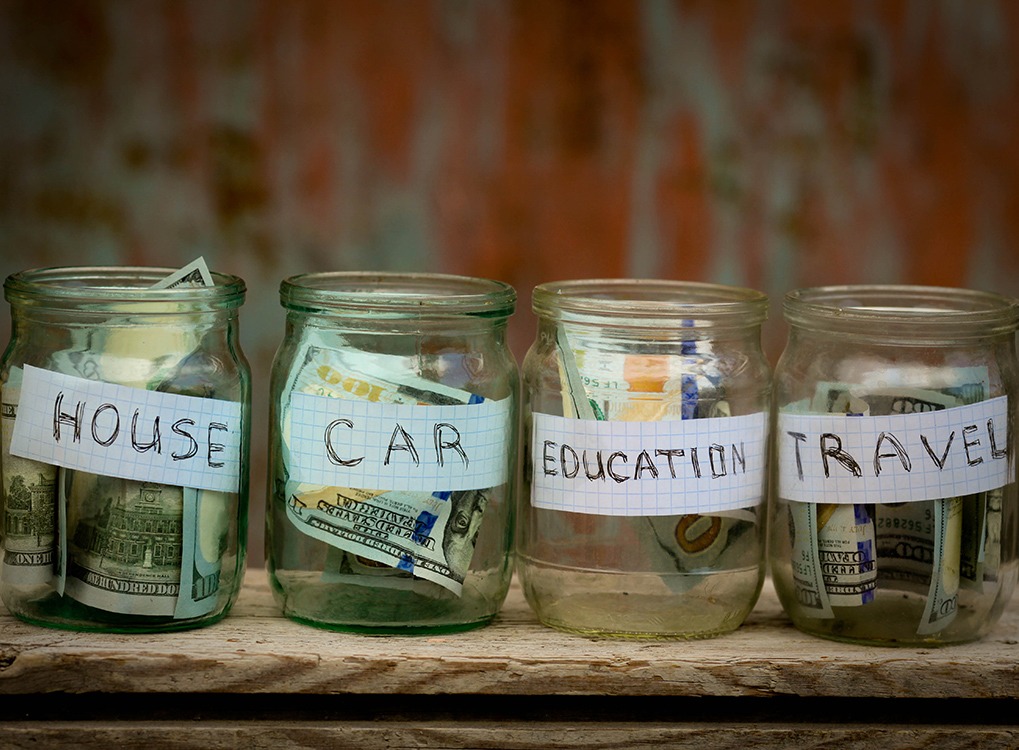
Everything about being a parent is more expensive these days. Between 2000 and 2010 alone, the cost of raising a child from birth to age 18 for a middle-income, two-parent family grew 40 percent (from $60,000 to $226,920), according to a report from the U.S. Department of Agriculture.
Notable increases could be attributed to the rise in gas prices, medical coverage, and food. “We used to eat a lot of canned food and heavy starches,” economics professor Bryan Caplan explained to Business Insider. “If you wanted to eat the same way people ate [long ago], it would cost a lot less.”
10
You have to shield your kids from the news (or explain it to them).

If your kid wanted to be a news junkie in the ’90s, he or she had to get their hands dirty with a newspaper or watch cable news. (In other words, they could totally avoid “adult” news involving violence, harsh political infighting, or anything else considered overly mature.) Today, however, the proliferation of smartphones and tablets has made it so that negative news is utterly unavoidable. These days, parents need to be prepped to explain everything from major events to surprise Twitter outbursts.
11
You post about all of your kids’ accomplishments online.

Today’s Facebook wall is the new refrigerator door. Yes, unfortunately, the internet has made it way too easy for proud parents to boast about every little thing their child does. Of course, you’re allowed to be proud—and you should be!—but remember: The rest of the world doesn’t need to know about all of Suzie’s art projects.
12
You push your kids to do their homework… online.

Kids who grew up in the ’80s and ’90s still have not-so-fond memories of rummaging through books to source essays and writing everything out by hand. Today’s children, on the other hand, can barely even imagine what such grueling work would be like. Nowadays, most schools either provide or require computers, and homework is primarily done online.
In fact, in one 2015 study called Taking the Pulse of the High School Student Experience in America, a staggering 98.5 percent of students reported using the internet in school and 96.5 percent said they needed it at home to complete their homework.
13
You have to help with more college essays than ever.

College admission in the ’90s was certainly competitive, but the internet has made it even more so. Experts believe that students are applying to more schools as online portals are making it easier for them to just click a button and submit an application, according to CNN. This influx of applications leads to increased competition, and decreased university acceptance rates. That means kids are leaning on their parents even more to help them up their chances of getting in to their dream school.
14
You have to fight with your kids about how much screen time is too much.

Though kids have loved screens since long before the 21st century, tablets can occupy a child for longer stretches far more effectively than a TV ever could. Yes, this is great if your family is enjoying a long car or airplane trip, but researchers are sounding the alarm that it’s something you may want to curb on the whole.
According to an eye-opening report in The Atlantic, too much screen time can make children more distant, more depressed, less happy, and far lonelier. As a parent, you probably can’t banish screens from their entire lives, but parenting in 2019 involves finding a balance.
15
You could be parenting solo.

Society is constantly becoming more open-minded and progressive—and with these changes come shifts in what the traditional family looks like. In 1980, for instance, only 19 percent of family living arrangements involved a single parent, according to the Pew Research Center; in 2014, that number was at 26 percent. Similarly, seven percent of family living arrangements involved cohabiting parents in 2014, a situation that didn’t exist 20 years ago.
16
You’re more likely to be a stay-at-home parent.

The number of stay-at-home parents is back on the rise. In 1999, at the peak of the women-at-work movement, only 23 percent of moms stayed at home. In 2014, that figure was back up at 29 percent, according to a report from the Bureau of Labor Statistics. Researchers believe that the recessions played a big role in the uptick, as the numbers rose primarily between 2000 to 2004 and from 2010 to 2012.
17
You order in—a lot.

In April 2015, the U.S. Department of Commerce reported that, for the first time, Americans spent more money at restaurants and bars than they did at grocery stores. The authors attributed this increase to several factors, including a greater percentage of mothers taking jobs outside the house. Basically, millennial parents don’t have time to meal prep or hit the grocery store—and apps like Seamless make it way too easy to get food delivered right to your door.
18
You baby your kids more than you were babied.

Of course, moms and dads of the ’90s weren’t monsters, but they certainly took more of a laissez-faire approach to parenting. In 2014, researchers from the Institute for Family Studies interviewed 100 parents and “nearly all respondents remember childhoods of nearly unlimited freedom, when they could ride bicycles and wander through woods, streets, parks, unmonitored by their parents,” wrote head researcher Jeffrey Dill. However, the researchers found that these same parents were unwilling to give their kids the freedom they experienced, as they were worried about everything from kidnapping to crime.
19
Or you may be a “free-range” parent.
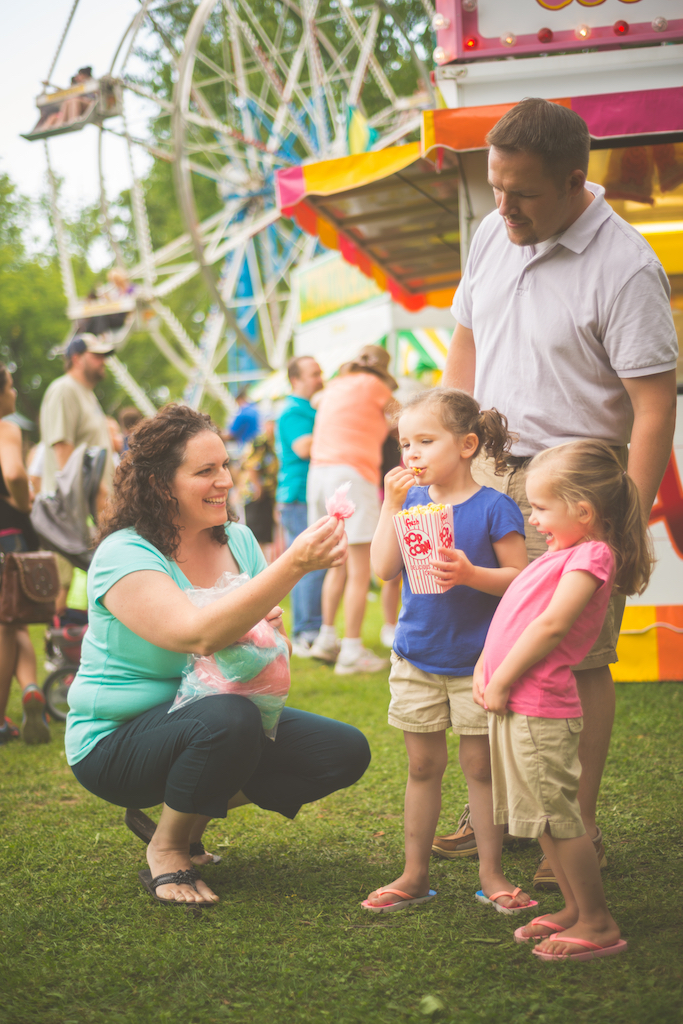
Data from the Centers for Disease Controls and Prevention (CDC) shows that mortality rates are 49 percent lower now for children ages 15 to 19 than they were in the early ’90s. For children ages 5 to 14, the rate has decreased as well by 32 percent. Even reports of missing children are down by 40 percent since 1997.
In light of these trends—and thanks to the rise of technology that allows parents to monitor their children’s movements—there is a new school of parenting called “free-range” parenting, where kids are allowed to, well, roam free (within reason, of course). In fact, Utah recently became the first state to make it legal for parents to allow children to “walk, run, or bike to and from school, travel to commercial or recreational facilities, play outside, and remain at home unattended.” In the past, noted The Atlantic, those were potential red flags for child welfare services.
20
You’re older than parents from past generations.

Women are continuing to take their time when it comes to getting pregnant and starting a family. According to the CDC, first-time moms in 2000 were 24.9 on average; in 2014, that age rose to 26.3. And for more ways having a child has evolved, here are even more of the 50 Ways Parenting Has Changed in the Last 50 Years.
To discover more amazing secrets about living your best life, click here to follow us on Instagram!